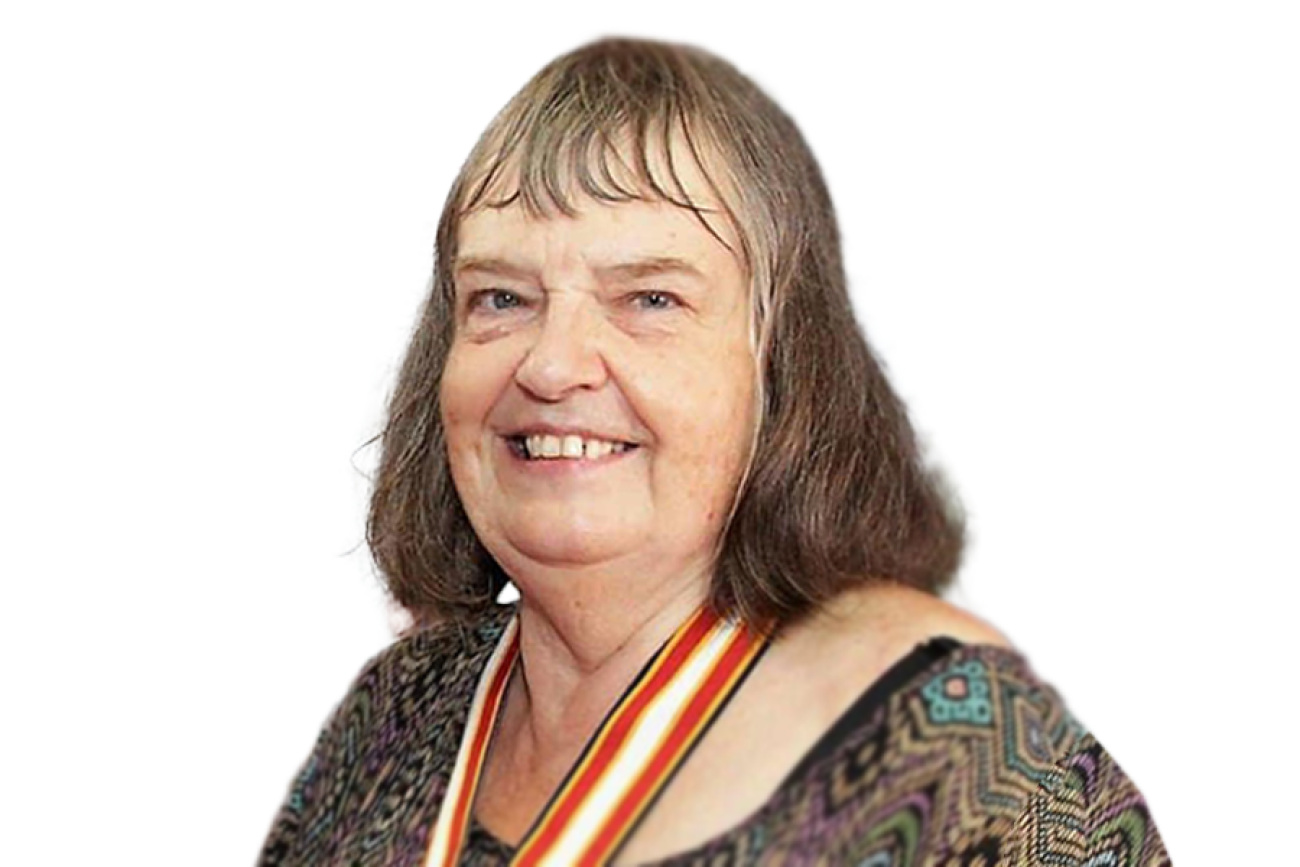CCA expresses condolences on the demise of Dr Helen M Hill, a well-known ecumenist, educator, and human rights defender

Dr Helen M Hill, a well-known ecumenist, educator, and human rights defender from Australia passed away in Melbourne on Monday 7 May 2024. She was 79 years old.
Through her academic career and ecumenical enabler training programmes facilitation, Dr Hill was instrumental in developing the leadership skills of many young people in different countries in the Asia Pacific regions as well as advocating for the rights and dignity of oppressed people in the colonized countries.
The General Secretary of the Christian Conference of Asia (CCA) Dr Mathews George Chunakara expressed deep condolences on the demise of Dr Helen M Hill.
“With Helen Hill’s passing away, the Asia and the Pacific ecumenical communities have lost a committed and trusted advocate of social justice, crusader for decolonization and an ecumenical accompanier who stood with the oppressed and the marginalized people in Asia and the Pacific regions during their struggle for human rights and right to self-determination,’ said Dr Mathews George Chunakara.
The CCA General Secretary added that Dr Hill was his long-time friend and fellow ecumenical traveler since his student days through the Student Christian Movement/World Student Christian Federation as well as through CCA and WCC youth programmes.
Dr Helen Hill was involved in the WSCF, Frontier Internship Mission (FIM) and in other ecumenical events which brought her closer to the global ecumenical movement, especially in CCA and WCC programmes at different times during the past five decades.
She taught at the Victoria University, Melbourne, Australia for more than two decades where she introduced Pacific sociology units and the BA degree courses on Asia-Pacific Community Development.
Dr Hill was actively involved in international advocacy for the independence of Timor Leste (earlier known as East Timor). Her postgraduate degree thesis was on decolonization in Portuguese Timor, and this led her, after Timor-Leste's independence, to start researching the transition to Independence in that country. After retirement, she started working in Timor Leste as a Consultant to the Deputy Minister for Education, Sports and Youth, and continued research on Education and Development, and the Solidarity Economy.
During Dr Hill’s stay in Timor Leste since early 2000, she became an active participant at the Hosana Church of the Protestant Church in the Timor Leste (IPTL) in Dili. She helped the IPTL to establish its Centre of Theological Formation and regularly conducted courses on community development, gender justice and ecology.
Helen Hill earlier worked in Fiji and conducted studies on the situations in the US Trust Territory of Micronesia and New Caledonia.
The IPTL Synod organized a special prayer service at IPTL Teological Formation Center in Dili this afternoon in memory of the late Dr Hellen M Hill.










